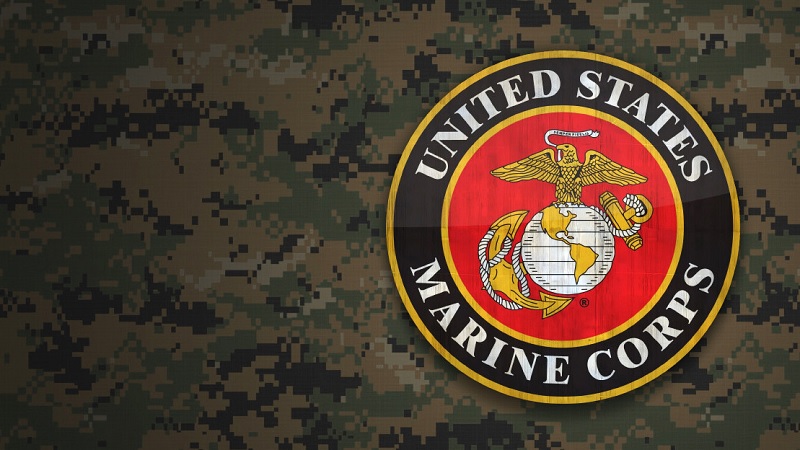
The U.S. Marine Corps on July 10 launched a new artificial intelligence (AI) strategy to guide the integration of AI technology across the service branch, ranging from administrative functions to combat operations.
The AI Strategy offers a framework for integrating AI throughout all levels of the Marine Corps to enhance decision-making speed and effectiveness, transforming response times from minutes to seconds across various functions.
“Success on the modern battlefield depends on several critical requirements, one of which is a comprehensive understanding of the operational environment,” Lt. Gen. Matthew Glavy, deputy commandant for information, stated in the foreword for the strategy.
“The Marine Corps total force will come to understand that transformation to responsible Al models will improve how we access the right data, at the right time, and in the right place,” he added.
The strategy is built around five goals – mission alignment, competent workforce, deployment at scale, governance, and partnerships and collaboration – each aimed at creating and leveraging a decision-making advantage. Each goal includes several objectives.
According to the Corps, the top objective is to fully understand mission-specific problems where AI offers a solution. Under this effort the service branch plans to establish a repository for “candidate AI use cases” and a management system for the use case process, designed to guide service-level decisions and activities.
The Deputy Commandant for Information Service Data Office has been tasked with overseeing this effort.
The second goal aims to level up service members’ skills for building, supporting, and sustaining AI systems and related technologies. Under this effort the Corps plans to provide ‘stop-gap’ training and education to service members “at all levels of the force.”
“We … need to ensure Service leaders are properly educated and trained to understand the opportunities, challenges, and limitations of utilizing data to support decision-making,” Gen David Berger, 38th Commandant of the Marine Corps, stated in the strategy.
The Marine Corps also said it “bakes in” responsible AI into its larger efforts with the technology. Under the governance goal the Corps emphasizes the criticality of promoting responsible AI, which includes creating a framework for oversight and management of innovation and algorithms.
“This governance will be lean but effective to encourage innovation while providing and enforcing standards and compliance,” the strategy reads.
The strategy also emphasizes the need for deploying AI technologies at scale. Specifically, the strategy aims to establish an “enterprise-to-edge infrastructure, develop and publish standards, and integrate security that enables reliable, fast, and effective Al solutions.”
The final goal in the strategy is to enhance opportunities for collaboration with Defense Department components, international allies, industry leaders, and academia.
According to the strategy, by fostering these connections the service branch will be able to “accelerate Al innovation and adoption within the Marine Corps, ensure alignment with broader defense objectives, and enhance interoperability with key partners. These partnerships will improve collective capabilities and provide cumulative resource savings.”
A detailed implementation plan, set to be executed by new AI task groups established across the Corps, will be released soon to help achieve the goals outlined in the new strategy.
